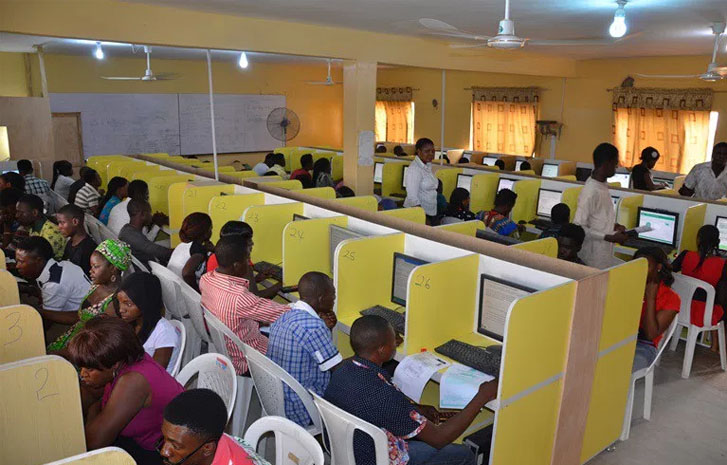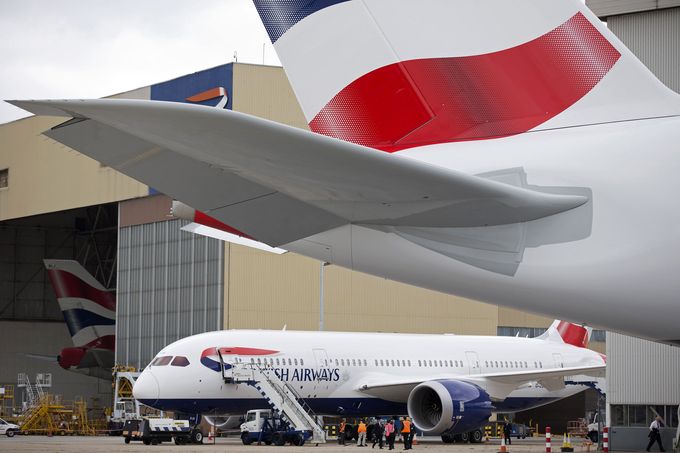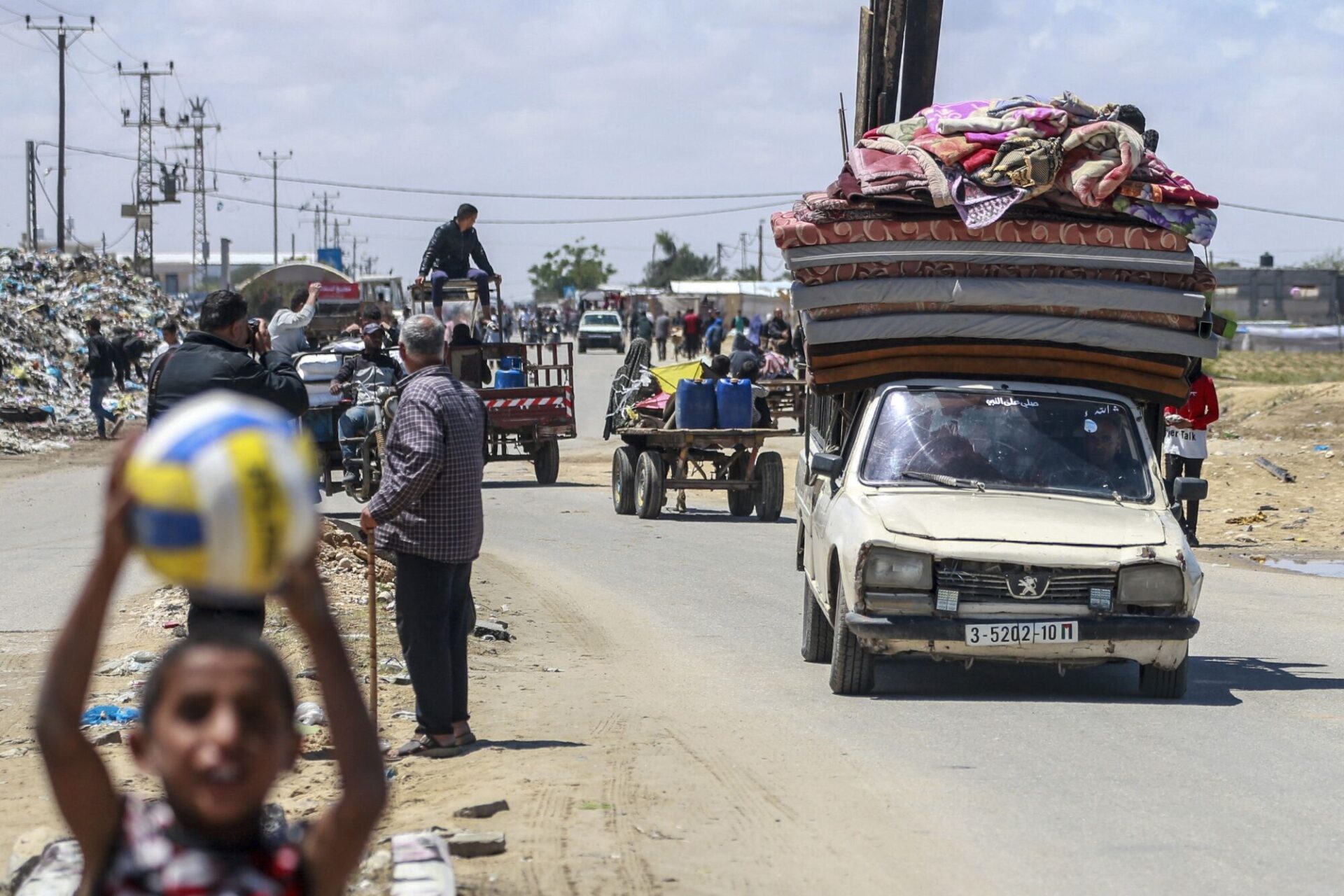- Venezuela Devalues Currency by 95%
Venezuelan president Nicolas Maduro devalued the local currency bolívar by 95 percent in an effort to shore up its struggling economy.
Maduro in a televised speech from the presidential palace said: “I want the country to recover and I have the formula.” The formula known as the “programme for recovery, growth and economic prosperity” represent economic blueprint of the administration.
The blueprint includes raising the minimum wage by more than 3,000 percent, increasing petrol price for some drivers, raising taxes and the introduction of a new currency, the sovereign bolívar — which according to him will have five fewer zeros than the inflation stricken bolívar.
Earlier this year, the International Monetary Fund (IMF) predicted that Venezuela’s inflation rate could hit 1 million percent in 2018.
This year, more than 500,000 Venezuelans have fled overseas to escape chronic food shortage, rising crime rate and lack of medicine in hospitals.
A recent survey showed more than 89 percent of Venezuelans now live in poverty, while more than 60 percent admitted waking up hungry because they lacked the means to buy food.
However, president Maduro believes his formula is going to revive the economy, “Venezuela is going to experience an economic miracle,” said Maduro.
A prominent opposition leader, Henrique Capriles, fault Maduro’s blueprint and described it as a Venezuelan “Black Friday”.
“The government has decided to thrust us into one final disaster,” Capriles wrote in an online essay in which he accused Maduro of plunging the oil-rich nation into “the greatest tragedy in its history”.
Andrés Velásquez, another opposition leader said “The measures announced on Friday are not any economic recovery plan for the country. On the contrary, they represent more hunger, more ruin, more poverty, more suffering, more pain, more inflation, more deterioration of the economy.”
Venezuela inflation has risen more than 60,000 percent in the last one year, while over 2.3 million Venezuelan citizens have abandoned their country since 2015.
“The situation is critical and it will get worse,” said Marisela Guédez, a 38-year-old civil servant who fled to Ecuadorian border town of Tulcán a week ago, having sold her hair for 100,000 pesos (about $33) in order to pay for the journey.
“I never, ever thought about leaving Venezuela – not once,” added the homeless mother-of-five, who had left her children behind in Caracas. “Venezuela was such a rich country.”

 Naira3 weeks ago
Naira3 weeks ago
 News4 weeks ago
News4 weeks ago
 Naira4 weeks ago
Naira4 weeks ago
 Naira3 weeks ago
Naira3 weeks ago
 Travel3 weeks ago
Travel3 weeks ago
 Jobs3 weeks ago
Jobs3 weeks ago
 Naira3 weeks ago
Naira3 weeks ago
 Investment4 weeks ago
Investment4 weeks ago






























